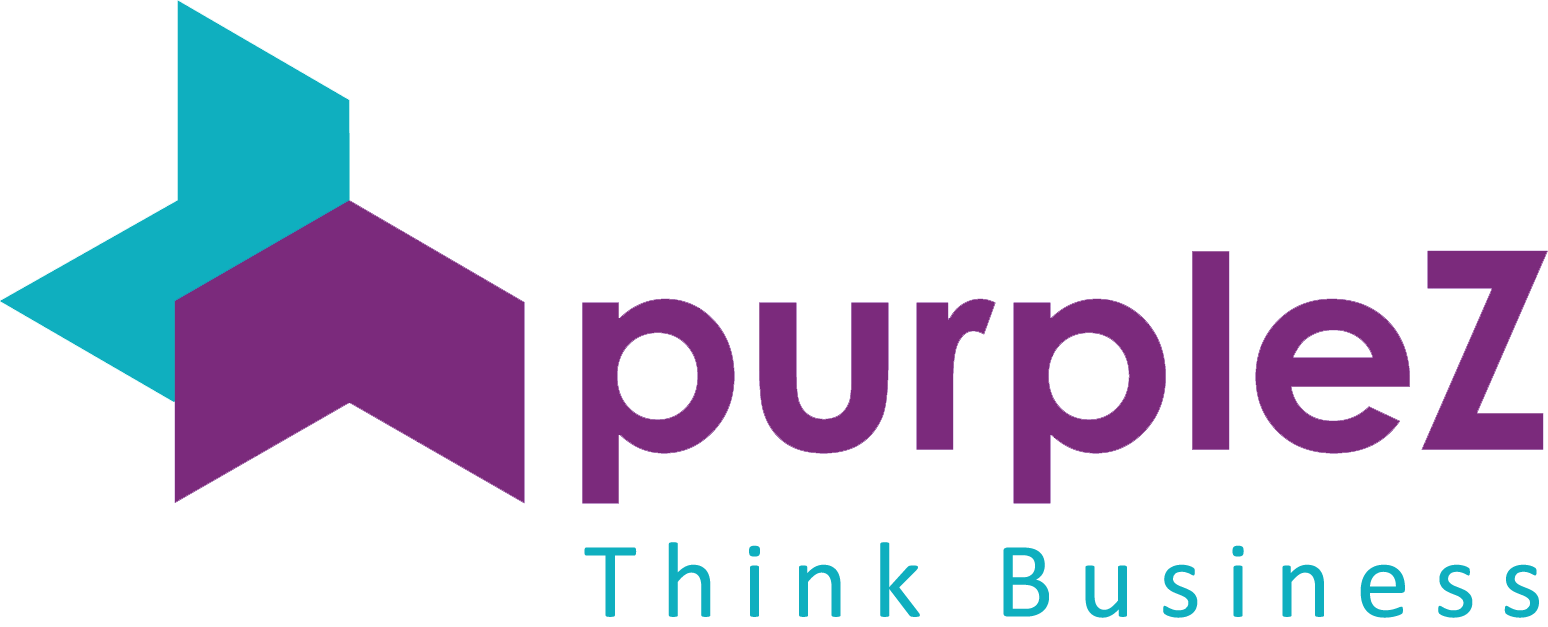Contents
- 1 The Importance of PPC Management for Agencies
- 2 Crafting a Successful PPC Strategy
- 3 Optimizing Campaign Performance
- 4 Monitoring and Adjusting Campaigns
- 5 Scaling and Future Trends in PPC Management
- 6 FAQs on PPC Management for Agencies
- 6.1 What is PPC management, and why is it crucial for agencies?
- 6.2 How can agencies improve their PPC strategies?
- 6.3 What role do automation tools play in PPC management?
- 6.4 How should agencies manage client expectations in PPC campaigns?
- 6.5 What challenges do agencies face in PPC management?
- 6.6 What trends will shape the future of PPC management?
- 7 Conclusion
In the digital marketing landscape, PPC management for agencies is a pivotal service that offers clients a path to immediate traffic, lead generation, and measurable results. For agencies, mastering PPC management means navigating complex platforms and executing strategies that maximize ROI. This guide by PurpleZ provides concise insights into effective PPC management tailored for agencies.
The Importance of PPC Management for Agencies
PPC (Pay-Per-Click) advertising is a crucial component of digital marketing services offered by agencies. It allows for precise targeting, measurable results, and the flexibility to adjust campaigns in real-time. For agencies, effective PPC management means driving traffic, improving lead quality, and enhancing client ROI.
The PPC Ecosystem: Platforms and Their Strengths
Agencies must be well-versed in different PPC platforms such as Google Ads, Bing Ads, Facebook Ads, and LinkedIn Ads. Each platform offers unique strengths, catering to various audiences and campaign goals. Google Ads is ideal for high-intent searches, while Facebook Ads excel in brand awareness and engagement.
Crafting a Successful PPC Strategy
Identifying the Target Audience
A well-defined target audience is the cornerstone of any PPC campaign. Agencies must use demographic and behavioral data to create detailed buyer personas, ensuring that campaigns are finely tuned to attract the right audience.
Keyword Research and Selection
Keywords are fundamental to PPC success. Agencies should focus on selecting keywords that balance search volume, competition, and relevance. Using a mix of broad, exact, and long-tail keywords can help in capturing a diverse audience and optimizing ad spend.
Creating Compelling Ad Copy
Effective ad copy should be clear, benefit-oriented, and aligned with the target audience’s needs. Strong calls to action (CTAs) are essential to driving clicks. Testing different ad copy variations helps in identifying what resonates best with the audience.
Optimizing Campaign Performance
Budgeting and Bid Management
Managing budgets and bids effectively is key to maximizing ROI. Agencies need to allocate resources efficiently, focusing on high-performing keywords while controlling costs on less effective ones. Automated bid strategies can aid in maintaining optimal performance.
Landing Page Optimization
Landing pages must be relevant, user-friendly, and designed to convert. Ensuring fast load times, mobile compatibility, and clear messaging can significantly improve conversion rates. A/B testing different landing page elements helps in refining the user experience.
Utilizing Ad Extensions
Ad extensions enhance the visibility and functionality of ads. By adding sitelinks, call buttons, and other extensions, agencies can improve click-through rate (CTR) and provide users with more options to engage with the brand.
Monitoring and Adjusting Campaigns
Tracking and Analytics
Effective tracking is essential for data-driven decision-making. Agencies should use tools like Google Analytics to monitor key metrics such as impressions, clicks, and conversions. This data is crucial for ongoing campaign optimization.
A/B Testing and Continuous Improvement
A/B testing different aspects of the campaign—such as ad copy, landing pages, and targeting—enables agencies to fine-tune performance. Continuous testing and optimization are vital to adapting to market changes and improving results over time.
Managing Client Expectations
Clear communication is critical in managing client expectations. Agencies should set realistic goals, provide transparent reporting, and regularly update clients on campaign progress. This fosters trust and ensures long-term client relationships.
Scaling and Future Trends in PPC Management
Scaling Successful PPC Campaigns
When a campaign is successful, scaling it effectively is the next step. This might involve increasing budgets, expanding targeting, or exploring additional platforms. However, it’s important to maintain the quality of leads while scaling.
Future Trends in PPC Management
The future of PPC management will be shaped by advances in AI and machine learning, the growing importance of video ads, and the rise of voice search. Agencies should stay informed about these trends to remain competitive and continue delivering exceptional results for their clients.
FAQs on PPC Management for Agencies
What is PPC management, and why is it crucial for agencies?
PPC management involves overseeing and optimizing pay-per-click campaigns to drive traffic and achieve measurable results. It’s crucial for agencies because it offers clients a way to gain immediate visibility and generate leads.
How can agencies improve their PPC strategies?
Agencies can improve PPC strategies by conducting thorough keyword research, optimizing ad copy, refining landing pages, and using data to make informed decisions.
What role do automation tools play in PPC management?
Automation tools streamline PPC management by automating tasks like bid adjustments and ad scheduling, allowing agencies to focus on strategy and creative development.
How should agencies manage client expectations in PPC campaigns?
Agencies should set clear, realistic goals, provide transparent reporting, and maintain regular communication to manage client expectations effectively.
What challenges do agencies face in PPC management?
Common challenges include high competition for keywords, ad fatigue, and fluctuating costs. Agencies need to stay proactive and continuously optimize campaigns to overcome these challenges.
What trends will shape the future of PPC management?
Key trends include the increased use of AI, the growing importance of video ads, and the rise of voice search. Agencies must stay ahead of these trends to remain competitive.
Conclusion
PPC management for agencies is a dynamic field that requires a blend of strategic insight, technical expertise, and creativity. By mastering the core components of PPC management—such as keyword research, ad copy creation, and campaign optimization—agencies can deliver outstanding results for their clients. Staying informed about future trends and continuously refining strategies will ensure that agencies remain at the forefront of PPC advertising. Contact PurpleZ marketing agency now to receive expert advice on how to manage your PPC campaigns.





